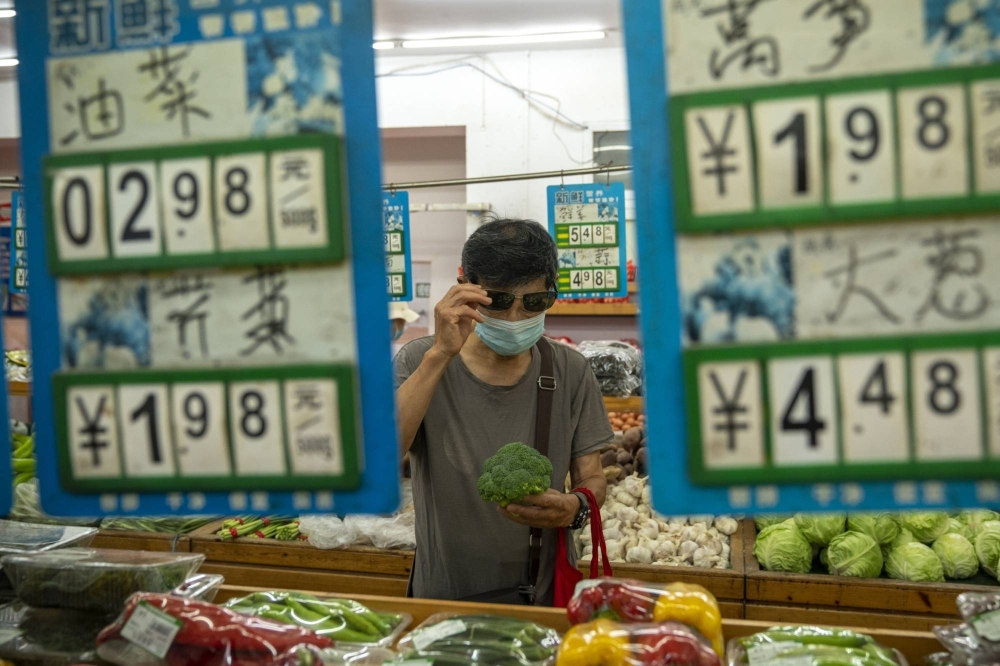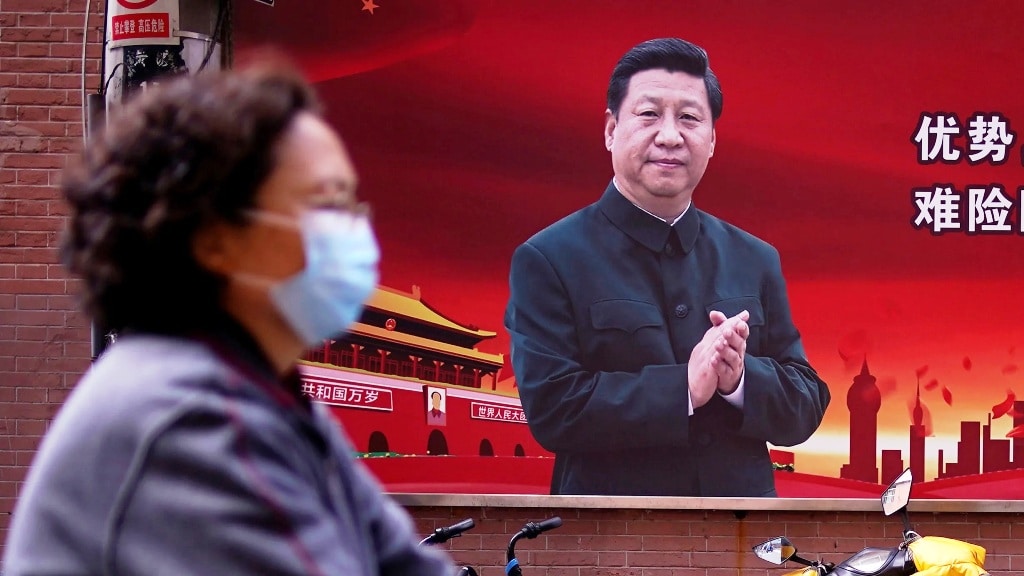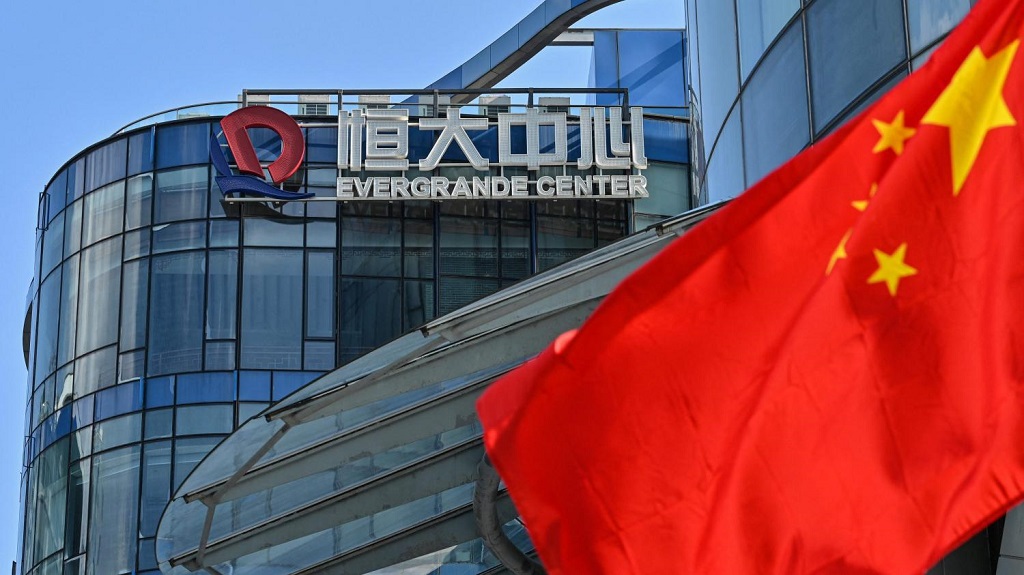News
World Feels the Heat as China’s Economy Nears Collapse
China, the world’s second-largest economy, is having a difficult time. For a long time, the Asian behemoth has been under enormous strain, as seen by bad economic data and downgrades by global brokerages.
The entire world is now feeling the effects of China’s economic collapse. But why is the world concerned about the country’s downturn? Here’s everything you need to know.
For starters, China is a dominant global participant in almost every area, with the International Monetary Fund’s (IMF) 2017 World Economic Outlook estimating that the country will contribute more than 22% of world GDP.
Despite its image, China is a key bilateral trading partner for many countries and a large provider of goods, earning it the moniker of the world’s manufacturing hub.
Almost all of the world’s largest corporations, from Tesla to Apple, have their supply chains entrenched in China.
Simply said, China has the world’s largest manufacturing economy and is the world’s greatest exporter of goods. Furthermore, the country is the world’s greatest consumer of a variety of critical commodities, including metals.
It is worth noting that China consumes roughly half of the world’s metals, according to India Today.
As a result, a decline in China’s economic activity can significantly disrupt the global demand-supply balance, which is not a good development at a time when the world is just beginning to recover from an economic slowdown caused by a variety of factors including inflation, the Russia-Ukraine conflict, and extreme weather events.
China’s economic collapse
There is no doubting that the Chinese economy is in trouble, and while Beijing has promised to expand the private sector and protect firms, its efforts appear to be falling short. The country’s July economic activity data offers a troubling image, with key measures like as retail sales, industrial output, and investment output falling short of expectations.
This has sparked fears of a deeper and longer-lasting slowdown in GDP.
Data on Chinese economic activity has been underperforming predictions since the beginning of the second quarter, causing major anxiety in global markets.
However, this is not the first time China’s economy has encountered difficulties. China experienced similar shocks during the 2008-09 global financial crisis and the 2015 capital outflow concern. However, the Chinese economy emerged stronger on both occasions, with the government driving infrastructure spending and expanding property markets.
However, it appears that excessive infrastructure spending over the years has come back to haunt Beijing in the form of heavy debt, and the property bubble had already burst during the epidemic, beginning with the Evergrande disaster.
The cumulative impacts have posed major threats to the country’s financial viability, which has been exacerbated by the worldwide downturn caused by the pandemic.
Beijing faces a difficult problem
Now, China is saddled with massive debt, and exports are declining as a result of the global slowdown. Its only way out of the woods at this point is to increase household consumption.
As a result, the Chinese government faces a difficult problem in convincing households to spend more and conserve less in an economic downturn. Clearly, it is straining to do so, since recent figures indicate that the country is experiencing “deflation.”
Deflation is the inverse of inflation and refers to a general and sustained reduction in the overall price levels of goods and services in the economy.
Economists agree that China’s current economic situation is largely owing to its reliance on debt-fueled investments and the property market, with little regard for increasing domestic consumer spending.
According to experts, China’s weakening domestic demand could be a significant blow to the country’s economy and create an environment of low private-sector investment appetite. If household spending remains low, China’s economic problems may worsen in the future due to a growing imbalance between consumption and investment.
Recent economic activity data has cast a bleak image, and many believe China will struggle to fulfil its 5% growth objective in the current fiscal year without fiscal intervention.
To make matters worse, the Chinese property markets are under increased stress, which is concerning considering that they account for roughly a quarter of the country’s economic activity.
If the situation does not improve, China may be on its path to economic stagnation, which might stifle progress for years. Consumers and small company owners in the country are already suffering the effects of the slowing economy, with unemployment rates growing rapidly.
Evergrande Files For Bankruptcy Protection
At the moment, China’s most significant path to addressing the slowdown is to increase the proportion of household consumption in its GDP. However, if this effort falls short in the near future, the continuation of China’s economic upheaval could have worldwide ramifications.
As China’s economic crisis worsens, China’s property conglomerate Evergrande has filed for bankruptcy in the United States. It will assist the heavily indebted firm in protecting its assets in the United States while it negotiates a multibillion-dollar settlement with creditors.
Evergrande declared bankruptcy in 2021, causing global financial markets to tremble. The decision comes as China’s real estate market struggles add to the hardships of the world’s second largest economy.
China Evergrande Group filed for Chapter 15 bankruptcy protection in a New York court on Thursday. According to the BBC, Chapter 15 bankruptcy protects a foreign company’s assets in the United States while it attempts to restructure its obligations.
The group’s real estate unit, according to its website, has over 1,300 projects in over 280 Chinese cities. It also owns a football club and an electric car manufacturing.
After falling behind on payments, Evergrande has been attempting to restructure its debt repayment agreements with creditors. It was the world’s most indebted real estate developer, with debts estimated to surpass $300 billion (£235 billion).






























